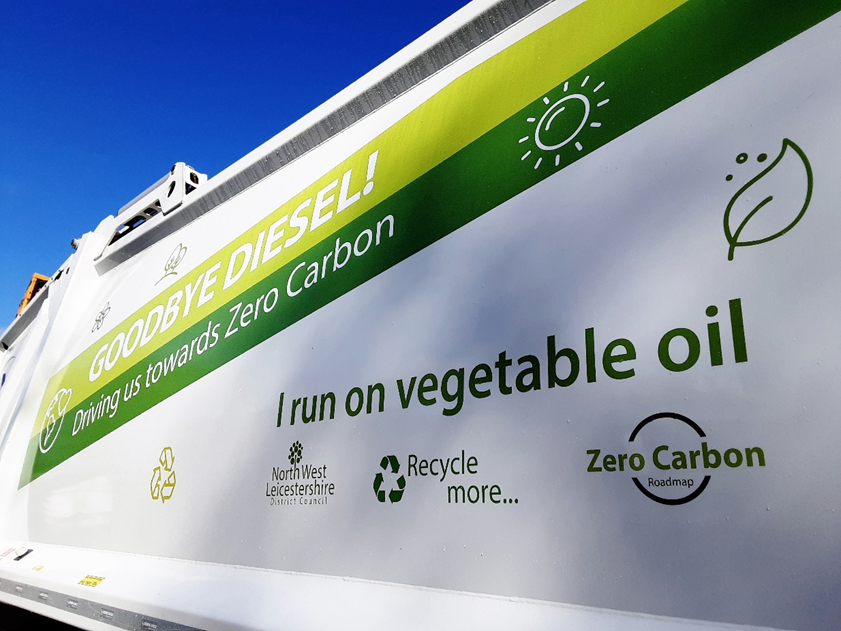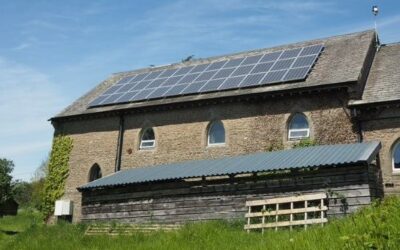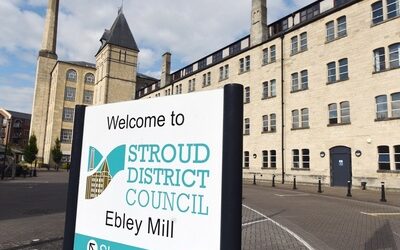The project
As part of its commitment to reduce carbon emissions, the council has undertaken a number of innovative projects including the installation of 24 electric vehicle charging points in its car parks, funded in part by Office Zero Emission Vehicles (OZEV) grants, to save more than 17,000kg of CO2 since 2019. Much more recently, to reduce the emissions directly as part of its own operations, the council made a total switch to hydrotreated vegetable oil (HVO) for its diesel vehicles in February 2022.
Unwilling to wait for technology to be developed for larger vehicles, the council opted to use HVO as it could simply be used instead of diesel without changing the vehicles, affecting an immediate reduction in carbon emissions. The change was applied to the council’s whole fleet of more than 100 vehicles, including 30 refuse collection vehicles, as well as vans and cars used by the housing service, pool cars and even the machinery used in the waste transfer station.
The benefits
This project has resulted in a significant contribution to reducing the council’s carbon output, whilst providing the capacity to transition to a low carbon fleet. It also provides a clear benefit in protecting air quality in the district. Engaging HVO fuel reduces CO2 emissions by up to 90%, NOx emissions by up to 27% and PM emissions by up to 84%.
The council’s reputation has been strengthened, for example from providing the procurement of oil through an ethically backed supply chain. As well as reducing the council’s carbon footprint, the council has found that the fleet is easier to maintain. Due to the nature of the work – short journeys from one place to the next – the fuel in the vehicles would not typically heat up enough to trigger the Diesel Particulate Filter, which burns off soot particles. With HVO burning at a higher temperature, the council has found the maintenance of its vehicles has become easier as it’s not suffering from this issue. An added bonus!






